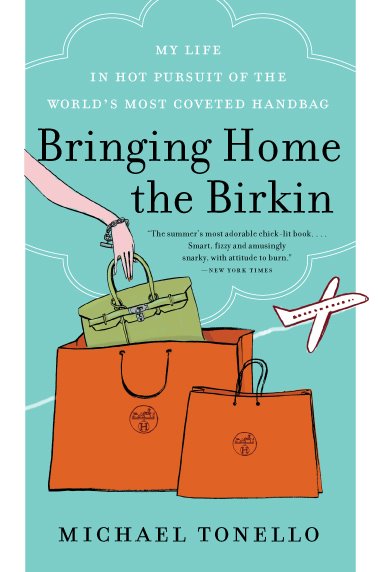Hermès
is back under family control, at least when it comes to chief
executives. Last month, sixth-generation Axel Dumas took sole command of
the luxury house founded in 1837 after eight years under non-family
executive Patrick Thomas.
Mr Dumas is coming in at a time when the business is experiencing the
pressures of unprecedented success – revenue increased 82 per cent
between 2009 and 2012 to €3.5bn – including unwelcome interest from
outside parties: in 2010, rival French luxury group LVMH bought more
than 20 per cent of the shares in a move that Hermès’s then-management
likened to rape.
The company is hoping 43-year-old Mr Dumas, a compact figure who favours double-breasted suits and wide lapels, will be their knight in leather-plated armour: he studied philosophy at the Sorbonne, law at the Institut d’Etudes Politiques de Paris and business at Harvard, and worked at French bank BNP Paribas before joining Hermès in 2003. Since then he has been finance director, headed the group’s jewellery department and leather division, served as commercial director of France and, more recently, as chief operating officer. For the past year, he and Mr Thomas were co-chief executives.
The experience will come in handy. On the LVMH issue, Mr Dumas, whose mother headed operations at Hermès and whose grandmother on her deathbed told him he had to protect the company just as a peasant protects his land, is known to feel as strongly as the rest of the family.
Bernard Arnault, the French billionaire who
controls LVMH, has said that he does not intend to increase his
investment. But the acquisition worried Hermès
family members so much that they rushed to protect 51 per cent of the
share capital – they hold about 70 per cent in total – in a special
vehicle that will ringfence it for at least 20 years.
At the same time as trying to guard against any
further incursion, Mr Dumas will feel the pressure to maintain – and
improve on – Hermès’s current growth
rate. Under Mr Thomas, group net profit reached €740m in 2012, up 156
per cent since 2009. “It is remarkable how successful they have been,”
says Luca Solca, a luxury sector analyst at Exane BNP Paribas.
But analysts say that continuing the strong growth requires expanding
production – all done in Europe at present – which raises questions
about finding and training new workers. As Mr Dumas told the Financial
Times: “Our production is still centred on craftsmanship, which requires
important training time.”It takes about two years to train a craftsman, and each one is supervised during that time by existing craftsmen, which affects capacity further.
Mr Dumas also has the difficult personal task of following in the footsteps of the charismatic Jean-Louis Dumas, his uncle and the Hermès chairman for almost three decades, who transformed the business into a global luxury brand.
Known for his wit, if also for his lack of punctuality, Mr Dumas is intensely private and never speaks publicly about his wife, a US-trained journalist, and two children.
When it comes to business, however, Mr Dumas has
offered a faint clue as to what may lie ahead: expanding non-traditional
divisions such as ready-to-wear, jewellery and home collections to
increase products on offer while maintaining exclusivity. The first test
will come today, as the brand’s womenswear show closes Paris Fashion Week – and, perhaps, heralds Hermès’s next chapter.
By Adam Thomson
http://www.ft.com/cms/s/2/95a97a22-a39b-11e3-88b0-00144feab7de.html#axzz2v5AOnvWO

No comments:
Post a Comment